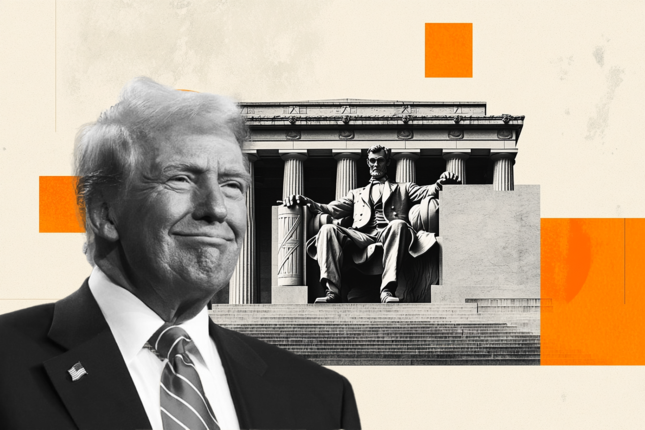US President Donald Trump has announced a “discounted reciprocal tariff” of 26 per cent on Indian goods, citing high tariffs imposed by India on American imports. The move is part of a broader trade policy shift that imposes increased duties on multiple countries, including China, the UK, and the European Union. While India previously charged tariffs of up to 52 per cent, the newly imposed levy by the US is expected to reshape global trade relations.
How have global markets reacted?
Trump’s announcement has triggered volatility in global markets. Major Asian indices saw a sharp decline, with Japan’s Nikkei 225 dropping 2.9 per cent and South Korea’s Kospi falling 1.9 per cent. Australian and US markets also showed negative trends, reflecting investor concerns over escalating trade tensions.
Get Latest Mathrubhumi Updates in English
What is the likely impact on the Indian stock market?
Indian stock indices are expected to react with short-term volatility, as seen in the 1.5 per cent drop in Gift Nifty. Foreign portfolio investors (FPIs) may pull back funds from emerging markets like India, increasing uncertainty. However, experts suggest that while IT and automobile sectors may face selling pressure, the long-term impact on the Indian economy might be limited due to its diversified export base.
Which sectors are most affected?
- Export-driven industries: Sectors such as IT, pharmaceuticals, and automobiles, which rely on the US market, may see pressure due to higher costs and potential trade restrictions.
- Electronics and jewellery: These account for significant portions of India’s exports to the US and could face price competitiveness challenges.
- Steel and aluminium: With the US already imposing 25 per cent tariffs on these materials, the Indian metals industry could experience further constraints.
Will the rupee be affected?
The Indian rupee, which recently reached a three-month high, may experience volatility due to the shifting trade environment. A weaker rupee could increase imported inflation and impact companies with foreign debt exposure.
Could there be a silver lining?
Despite immediate concerns, analysts suggest that India’s domestic consumption remains strong, which could cushion stock market fluctuations. Additionally, the tariffs leave room for negotiations, and potential trade agreements between India and the US could help ease tensions over time.






